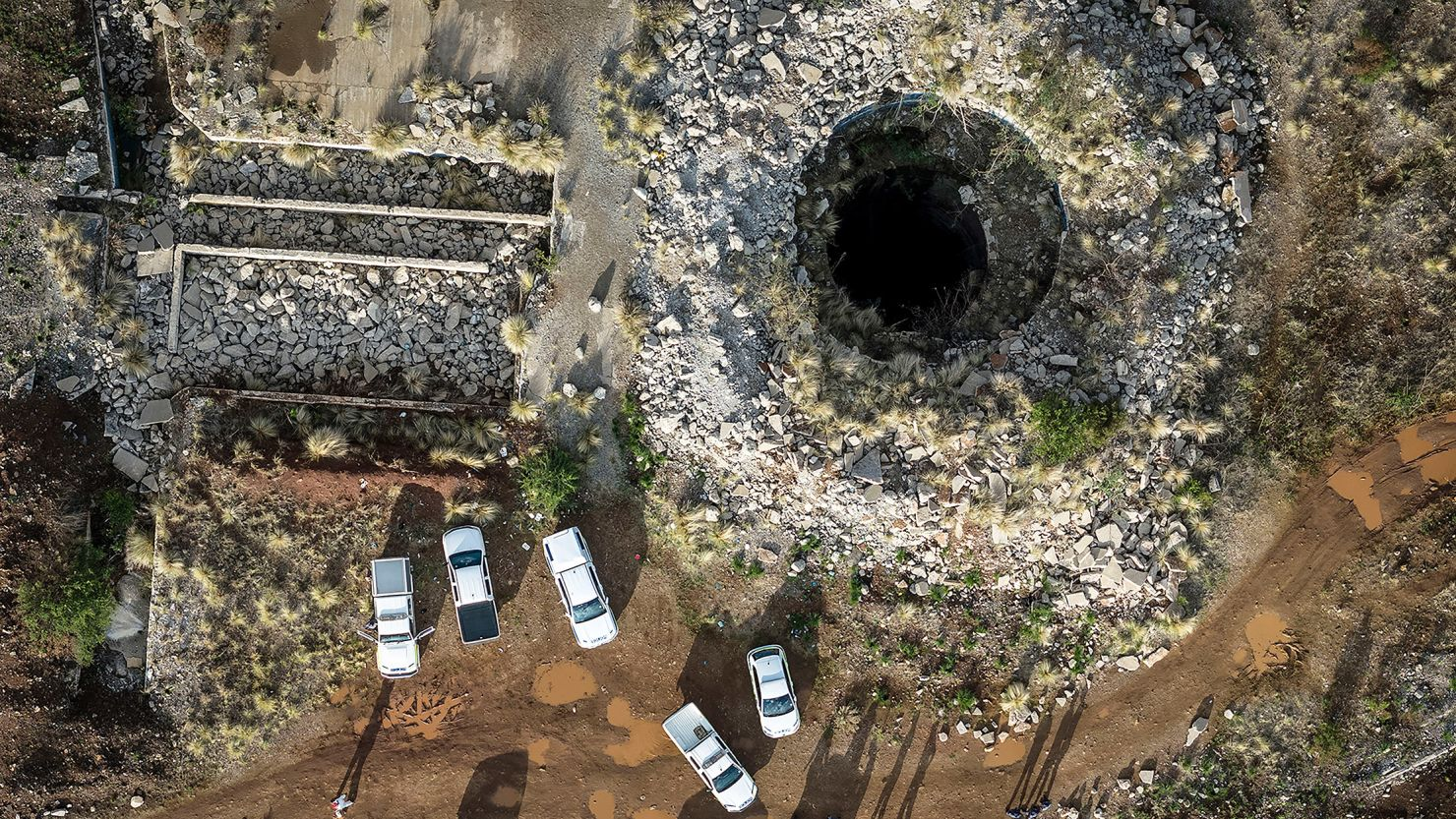South Africa’s government has taken a firm stance on illegal mining, declining to provide aid to approximately 4,000 illegal miners trapped inside a closed mine in North West province. As part of an anti-illegal mining operation, the government has shut off entrances to the mine, preventing food, water, and other supplies from reaching the miners underground.
This tough approach underscores the government’s resolve to combat illegal mining, a practice that has become increasingly problematic, especially in abandoned gold mines where miners, often organized by syndicates, dig for remnants of precious metals.
The “Vala Umgodi” Operation: Closing Off Access to Curb Illegal Mining
The South African government initiated Operation “Vala Umgodi,” or “Close the Hole,” to combat illegal mining by cutting off essential supplies to those operating in abandoned mine shafts. In Stilfontein, North West province, police have sealed off entrances to a closed mine, a popular site for illegal mining activities.
The operation is designed to bring miners to the surface, where they will be taken into custody for their participation in illegal mining. North West police spokesperson Sabata Mokgwabone indicated that information from recent rescues suggests up to 4,000 miners are still underground. Over the past weeks, around 1,000 miners have emerged, many in weak and malnourished states due to the lack of basic supplies.
According to South African Cabinet Minister Khumbudzo Ntshavheni, the government will not assist these miners, as their actions are viewed as criminal. “We are not sending help to criminals,” Ntshavheni stated, reinforcing that the government’s priority is to enforce the law rather than offer aid to those involved in illegal activities.
Read : Animals Fear Humans More Than Lions in South Africa’s Wild
This approach highlights the government’s growing intolerance of illegal mining operations, which have proliferated over the years and contributed to serious social and economic challenges.
The Human Cost of Illegal Mining: Miners’ Desperate Conditions
As police continue to guard the mine entrances, preventing supplies from reaching the miners, reports indicate that many of those who have emerged are showing signs of severe weakness, hunger, and illness. These miners, known as “zama-zamas,” often come from impoverished backgrounds or neighboring countries, drawn by the possibility of finding residual minerals in abandoned mines.
Lacking formal employment opportunities, these individuals are willing to endure hazardous working conditions for the potential financial gain, despite the risks to their health and safety.
A view from shaft 11 in Stilfontein where thousands of miners remain trapped underground as a result of the police's recent operations in the North West. 🎥: @SAPoliceService pic.twitter.com/yKTg7d9AyR
— Khanyisile (@Khanyi_Seele) November 14, 2024
The government’s uncompromising approach to illegal mining means that those still underground are left with limited options. Although the government is determined to enforce laws, humanitarian concerns have been raised as reports of the miners’ worsening conditions surface.
Nonetheless, authorities maintain that aiding individuals engaged in criminal acts would set a problematic precedent, potentially encouraging others to engage in similar illegal activities.
The miners’ plight also underscores the broader socioeconomic struggles that drive individuals to risk their lives in abandoned mine shafts. For many, illegal mining is not a choice but a necessity in the face of poverty, unemployment, and limited economic prospects.
This dire situation highlights the need for more comprehensive solutions that address the root causes of illegal mining, beyond merely implementing enforcement measures.
The Wider Implications: Crime, Syndicates, and Community Impact
Illegal mining has significant implications for South Africa’s communities, economy, and security. These operations are often organized by syndicates that exploit vulnerable individuals as labor, with illegal miners, or zama-zamas, typically equipped with little more than basic tools.

In areas with high levels of illegal mining activity, nearby communities often report increased crime, including violent robberies and sexual assaults, with tensions mounting between locals and miners.
Illegal mining groups are known to be heavily armed, and rival factions sometimes engage in deadly confrontations over access to the mines. These clashes not only endanger the miners but also put local communities at risk.
The government’s response to cut off supplies as part of the Vala Umgodi operation reflects a recognition of the severe impact illegal mining has on social stability and public safety.
Beyond the immediate issues of crime and security, illegal mining undermines South Africa’s formal mining industry, impacting revenue and tax collection. By siphoning off valuable minerals from abandoned sites, these operations pose a long-term threat to the sector’s sustainability and the economy.
The government’s stringent stance aims to restore order and protect the country’s resources, but addressing the deeper issues driving individuals toward illegal mining remains a pressing challenge.

